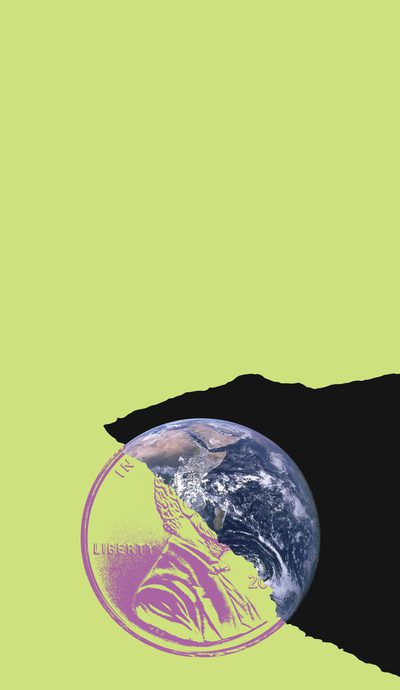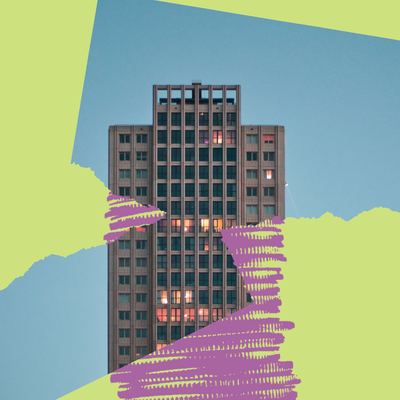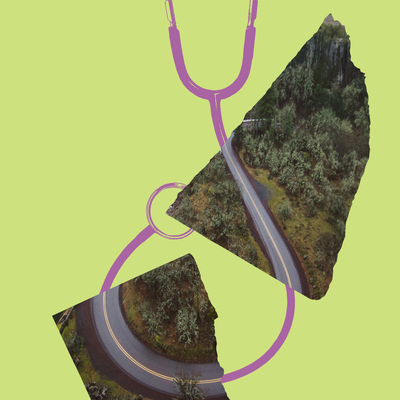Research provides the foundation
Our motivation
Our goal is to learn from participants’ experiences and better understand both the potential and the limitations of unconditional cash transfers.
The comprehensiveness of this study allowed us to gather data on unconditional cash to more rigorously measure and understand its impact.
Timeline
Jan 2016
Study initially proposed
May 2016
Elizabeth Rhodes joins OpenResearch
Sep 2016 – Sep 2018
Feasibility Studies
Aug 2019 – Mar 2020
In-person enrollment and survey
Nov 2019
Monthly surveys and app activities begin.
Mar 2020
COVID-19 Pandemic
Enrollment efforts pause.
Apr 2020 – Oct 2020
Telephone enrollment and survey
Jul 2020 – Dec 2020
First round of qualitative interviews
Oct 2020
Randomization
Nov 2020
Three year unconditional cash transfer program begins.
May 2021 – Jul 2021
Second round of qualitative interviews
Nov 2021 – Feb 2022
Third round of qualitative interviews
Apr 2022 – Jul 2022
Enumerated midline survey
Sep 2022 – Feb 2023
Fourth round of qualitative interviews
Apr 2023 – Jul 2023
Enumerated endline survey
Aug 2023 – Jan 2024
Fifth round of qualitative interviews
Oct 2023
Monthly unconditional cash transfers end.
Oct 2023 – Feb 2024
Collection of health measures
Dec 2023
Monthly surveys end.
Jan 2024
Quarterly surveys begin
Aug 2024 – Dec 2024
Sixth round of qualitative interviews
Mar 2020
US Government passes CARES Act and provides first round of stimulus checks.
Sep 2020
CDC places a moratorium on mortgage foreclosure and tenant evictions.
Dec 2020
US Government passes second round of stimulus checks and COVID-19 relief bills.
Mar 2021
COVID-19 vaccines available to general public in Texas
Mar 2021
US Government passes the American Rescue Plan Act.
Apr 2021
COVID-19 vaccines available to general public in Illinois
Apr 2021
Additional SNAP benefits go into effect.
May 2021
Paycheck Protection Program (PPP) ends.
May 2021
Texas moratorium on evictions ends.
Sep 2021
Enhanced unemployment benefits end.
Dec 2021
Illinois moratorium on evictions ends.
Dec 2021
Expanded child tax credit ends.
Apr 2023
States are now allowed to terminate Medicaid coverage, a process that was previously halted by the CARES Act.
Jul 2023
Rent relief program ends in Texas.
Sep 2023
Several remaining American Rescue Plan Act Provisions expire.
Apr 2020
Unemployment rate reaches 14.8%, more than four times higher than it was in February 2020.
Jan 2021
Unemployment rate is 6.4% at the start of 2021.
Apr 2021
First significant spike in inflation is observed, from 2.6% in March to 4.2% in April.
Dec 2021
By the end of 2021, inflation has tripled since the start of the year, reaching 7.5%
Jan 2022
Due to soaring inflation, mortgage and interest rates begin their first of many increases.
Jan 2022
Unemployment rate falls below 5% by January 2022.
Jul 2022
Inflation reached 9.1% in June 2022, marking the highest rate in over forty years.
Jan 2023
By the end of the year, interest rates have increased four-fold, and mortgage rates have doubled.
Timeline
Study initially proposed
Elizabeth Rhodes joins OpenResearch
Feasibility Studies
Feasibility Studies
In-person enrollment and survey
Monthly surveys and app activities begin.
Enrollment efforts pause.
COVID-19 Pandemic
US Government passes CARES Act and provides first round of stimulus checks.
In-person enrollment and survey
Telephone enrollment and survey
Unemployment rate reaches 14.8%, more than four times higher than it was in February 2020.
First round of qualitative interviews
CDC places a moratorium on mortgage foreclosure and tenant evictions.
Randomization
Telephone enrollment and survey
Three year unconditional cash transfer program begins.
US Government passes second round of stimulus checks and COVID-19 relief bills.
First round of qualitative interviews
Unemployment rate is 6.4% at the start of 2021.
COVID-19 vaccines available to general public in Texas
US Government passes the American Rescue Plan Act.
First significant spike in inflation is observed, from 2.6% in March to 4.2% in April.
COVID-19 vaccines available to general public in Illinois
Additional SNAP benefits go into effect.
Second round of qualitative interviews
Paycheck Protection Program (PPP) ends.
Texas moratorium on evictions ends.
Second round of qualitative interviews
Enhanced unemployment benefits end.
Third round of qualitative interviews
Illinois moratorium on evictions ends.
Expanded child tax credit ends.
By the end of 2021, inflation has tripled since the start of the year, reaching 7.5%
Due to soaring inflation, mortgage and interest rates begin their first of many increases.
Unemployment rate falls below 5% by January 2022.
Third round of qualitative interviews
Enumerated midline survey
Inflation reached 9.1% in June 2022, marking the highest rate in over forty years.
Enumerated midline survey
Fourth round of qualitative interviews
By the end of the year, interest rates have increased four-fold, and mortgage rates have doubled.
Fourth round of qualitative interviews
Enumerated endline survey
States are now allowed to terminate Medicaid coverage, a process that was previously halted by the CARES Act.
Rent relief program ends in Texas.
Enumerated endline survey
Fifth round of qualitative interviews
Several remaining American Rescue Plan Act Provisions expire.
Monthly unconditional cash transfers end.
Collection of health measures
Monthly surveys end.
Quarterly surveys begin
Fifth round of qualitative interviews
Collection of health measures
Sixth round of qualitative interviews
Cash is one important piece of the puzzle. The impact may be limited without other resources like health care and child care.
Meet Basic Needs
The greatest impact on spending per month was on basic needs, specifically food, rent, and transportation.
Plan for the Future
Cash had an impact on planning to pursue further education, desire to plan for the future, and self-reported willingness to delay instant gratification for future benefit. We also find an effect on having a budget, planning for large expenses, and time spent on finances.
Moving



















